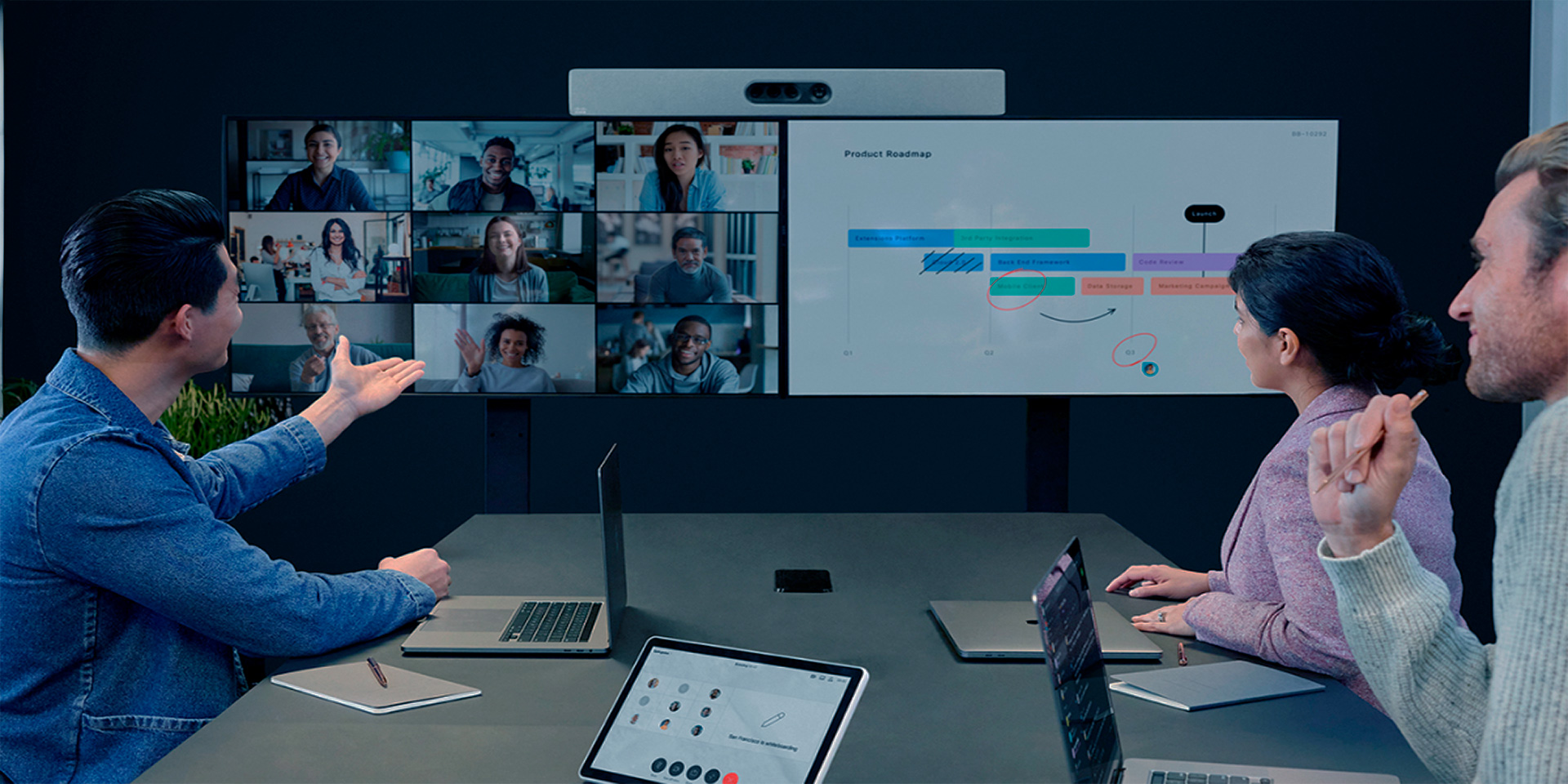Networking at IT conferences is a powerful way to build valuable connections, discover new opportunities, and advance your career. Effective networking can lead to lasting professional relationships, collaborations, and even job offers. This article provides actionable tips to help you make the most of your networking efforts at IT conferences.
Preparing for the Conference
Preparation is key to successful networking. By taking the time to plan ahead, you can maximize your opportunities and make meaningful connections.
Research Attendees and Speakers
Identify key attendees and speakers who align with your interests and goals. Research their backgrounds, current roles, and recent achievements.
Creating a list of people you want to connect with can help you focus your efforts and make your interactions more purposeful.
Set Clear Goals
Determine what you want to achieve from the conference. Whether it’s finding potential clients, learning about new technologies, or meeting industry leaders, having clear goals will guide your networking strategy.
Setting specific objectives helps you stay focused and measure your success after the event.
Prepare Your Elevator Pitch
Craft a concise and compelling elevator pitch that clearly communicates who you are, what you do, and what you’re looking for. Practice delivering it confidently and naturally.
A well-prepared elevator pitch can help you make a strong first impression and start conversations effectively.
Bring Professional Materials
Ensure you have professional materials such as business cards, brochures, and resumes. These materials should highlight your skills, experience, and what you have to offer.
Having professional materials on hand allows you to leave a lasting impression and provide valuable information to new contacts.

During the Conference
Once at the conference, it’s essential to be proactive, approachable, and engaging to build valuable connections.
Be Proactive and Approachable
Take the initiative to introduce yourself to others. Approach people with a friendly demeanor, and don’t be afraid to join conversations or introduce yourself to groups.
Being approachable and showing genuine interest in others can help you make connections more easily.
Engage in Meaningful Conversations
Focus on building relationships rather than just collecting business cards. Ask open-ended questions, listen actively, and show genuine interest in the people you meet.
Meaningful conversations can lead to stronger connections and more valuable relationships.
Attend Networking Events and Social Activities
Participate in networking events, social activities, and breakout sessions. These settings are often more relaxed and conducive to building relationships.
Attending social events can provide additional opportunities to connect with attendees in a less formal environment.
Utilize Technology and Social Media
Leverage conference apps and social media platforms to connect with other attendees. Engage in discussions, share insights, and follow up on interactions made during the conference.
Using technology can help you stay connected and continue the conversation beyond the event.
Follow Up on Key Interactions
Take notes on key interactions and follow up with personalized messages after the conference. Mention specific details from your conversation to show that you were attentive and genuinely interested.
Following up promptly helps reinforce the connection and keeps the relationship moving forward.

Effective Networking Strategies
Implementing effective networking strategies can help you make the most of your time at IT conferences and build lasting connections.
Focus on Quality Over Quantity
While it’s tempting to meet as many people as possible, focusing on quality interactions is more valuable. Building a few strong connections is better than having many superficial ones.
Investing time in meaningful conversations can lead to more significant opportunities and collaborations.
Offer Value to Others
Networking is a two-way street. Look for ways to offer value to others, whether through sharing knowledge, providing introductions, or offering assistance.
Helping others can create goodwill and encourage reciprocation, strengthening your professional network.
Be Authentic and Genuine
Authenticity is key to building trust and rapport. Be yourself, share your experiences, and show genuine interest in others’ stories and perspectives.
Authentic interactions are more likely to lead to meaningful and lasting connections.
Follow Up Consistently
Consistent follow-up is crucial for maintaining connections. Reach out periodically to check in, share updates, and continue the conversation.
Regular follow-up helps keep your network active and demonstrates your commitment to building relationships.
Participate in Discussions and Panels
Engage in discussions and participate in panels or Q&A sessions. Sharing your insights and expertise can increase your visibility and attract like-minded professionals.
Active participation can help you stand out and establish yourself as a thought leader in your field.
Case Study: Successful Networking at an IT Conference
A mid-level IT professional attended a major industry conference with the goal of expanding his professional network and exploring new career opportunities. Here’s how he successfully built valuable connections:
- Research and Preparation: He researched the conference agenda, identified key speakers and attendees, and set specific goals for the event.
- Engaging Interactions: During the conference, he actively introduced himself to others, engaged in meaningful conversations, and attended networking events.
- Utilizing Technology: He used the conference app to connect with attendees, join discussions, and schedule meetings.
- Following Up: After the conference, he followed up with personalized messages, highlighting specific points from their conversations and expressing interest in future collaborations.
As a result, he built several strong connections, received multiple job offers, and expanded his professional network significantly.
Conclusion
Networking at IT conferences is a powerful way to build valuable connections, discover new opportunities, and advance your career. By preparing effectively, engaging in meaningful conversations, and implementing strategic follow-up, you can maximize your networking efforts and create lasting professional relationships. As demonstrated by the case study, successful networking requires a proactive approach, genuine interest, and consistent follow-up. By following these tips, you can make the most of your time at IT conferences and build a strong, valuable professional network.




